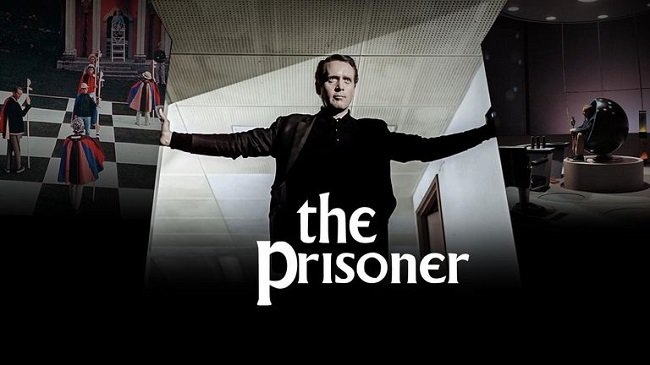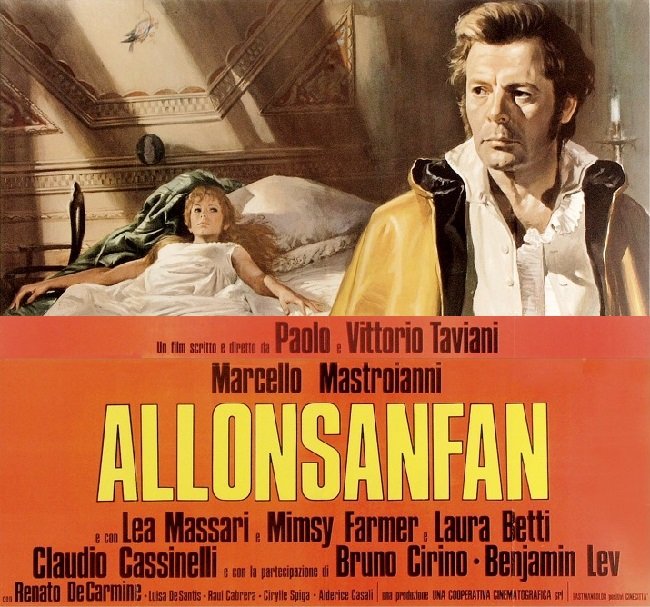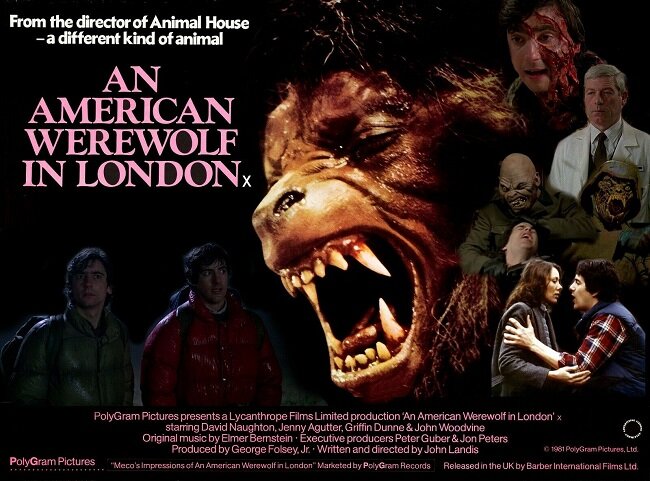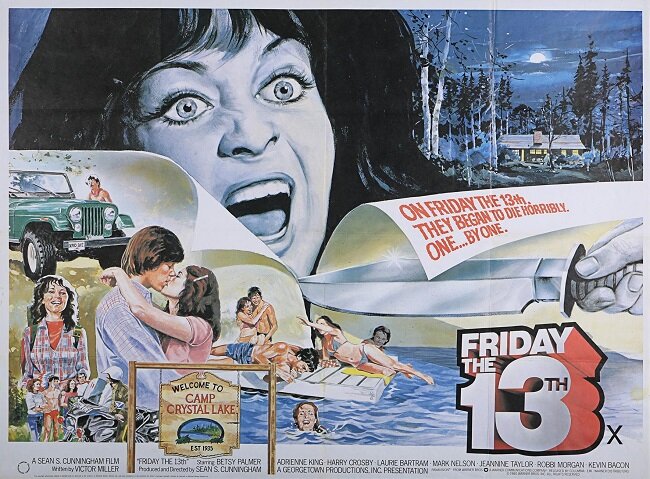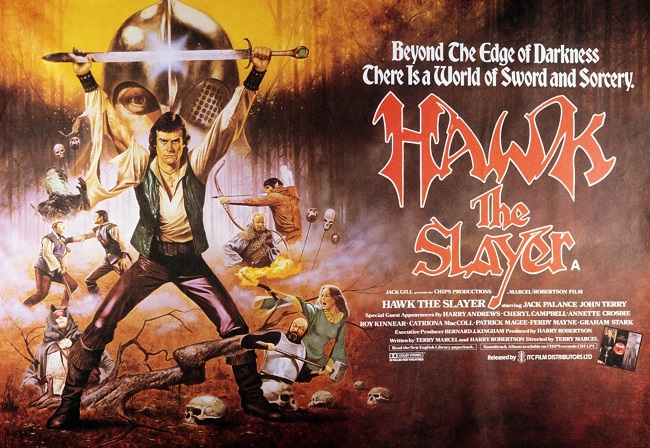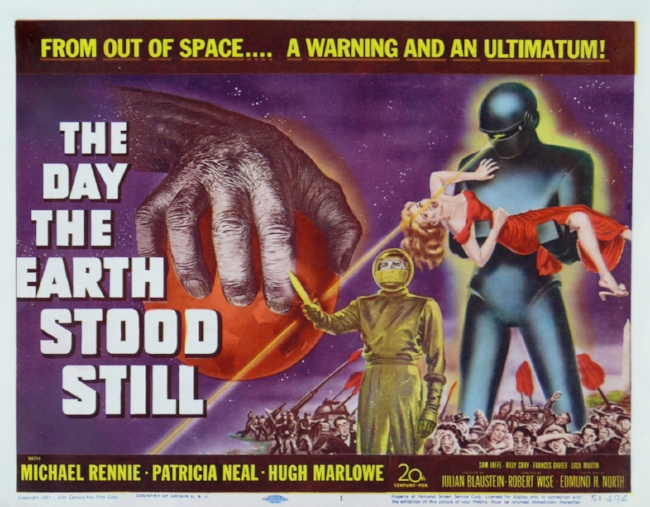Classic TV Themes: The Prisoner
Ronald Erle Grainer (11 August 1922 – 21 February 1981) was a prolific Australian composer who is best remembered for his work in the United Kingdom during the sixties and seventies. He wrote numerous notable scores and theme music for several iconic television shows such as Doctor Who, Steptoe and Son and Tales of the Unexpected. He also composed the soundtrack for several major motion pictures such as Some People (1962), The Assassination Bureau (1969) and The Omega Man (1971). Grainer relocated to London from Australia in 1952 but it was not until 1960 that he gained critical success after writing the music for the popular TV show Maigret. He subsequently received an Ivor Novello award for “Outstanding Composition for Film, TV or Radio”.
By the mid-sixties Grainer was in demand and hence a logical choice to write the theme for a show such as The Prisoner. However, it was a competitive process and Grainer's theme was chosen after two other composers, Robert Farnon and Wilfred Josephs, had their material rejected by series executive producer and star, Patrick McGoohan. Farnon's theme was declined due to its similarity with the theme from The Big Country (1958) by Jerome Moross. However, Josephs' discordant and enigmatic theme was used in early edits of two episodes of The Prisoner before being replaced by Grainer’s material which was then used in all subsequent episodes. It should be noted that Grainer declined to score the incidental music for the entire series of 17 episodes, which was handled by Albert Elms.
Ron Grainer’s theme for The Prisoner is as iconic as the show mainly because it is such an integral part of the opening credits. These are a microcosm of themes and ideas that the show explores. Furthermore, the opening credits serve as visual summation of the plot of The Prisoner, with Patrick McGoohan resigning from his job as an agent for the UK security services, only to be gassed, kidnapped, and taken to a remote village where he is interrogated for “information”. Why did he resign? The brass, bass and timpani set the tone with a bombastic motif that reflects McGoohan’s volatile character. The music also reflects what is happening on screen with the drumbeats syncopated with McGoohan as he angrily walks down the concrete corridor into his superior’s office. This is a powerful piece reflecting the style of the time, with its bold brass and cool, electric guitar backing. It really sets the tone of the show.
